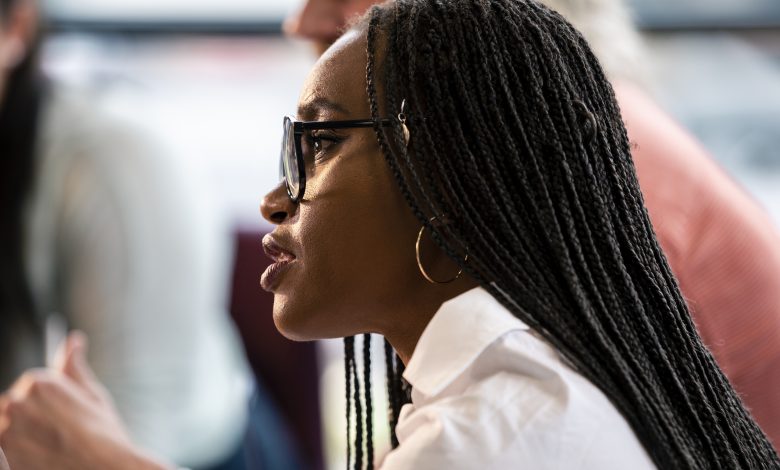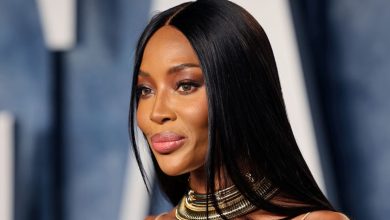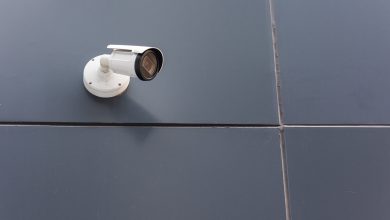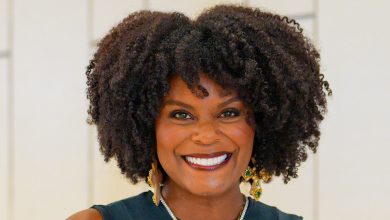Black Women May Lose Job Opportunities Over AI Bias In Hair


AI may unfairly judge Black women based on their hairstyles, potentially affecting job opportunities, Forbes reported.
Janice Gassam Asare, Ph.D., whose website describes her as a workplace equity strategist, author, and journalist, shared in her Substack, “The Pink Elephant,” that she used ChatGPT’s image generator, DALL-E, to create eight images and examine how three different AI tools evaluate job candidates based on them. The photos featured a Black woman and a white woman — both in their late 30s and wearing identical outfits — with varying hairstyles.
The Black woman’s styles included straight hair, a big afro, a teeny-weeny afro (TWA), and braids; the white woman’s included straight hair, a pixie cut, a bob, and long curls.
Two AI tools — Clarifai and Amazon Rekognition — produced results showing that the Black woman with braids was the only one not labeled as intelligent and received lower happiness and more neutral emotion scores than her straight-haired or afro counterparts. In some cases, the AI failed to recognize different hairstyles belonging to the same person.
Claude by Anthropic, the third AI tool, gave the Black woman with braids a more positive rating and the one with a TWA the highest intelligence rating among her hairstyles. Results from all three tools showed the Black woman with straight hair consistently received the highest professionalism scores.
In contrast, the white woman’s hairstyles were not penalized for intelligence or social traits across any of the tools. AI consistently recognized her as the same person, except when comparing the bob to long straight hair.
In Asare’s Forbes article, she noted that the experiment highlights how AI tools assessing traits like professionalism or intelligence are more likely to associate Black women’s hairstyles with negative characteristics, while white women’s hairstyles tend to have little impact on perceived competence.
“As an organizational psychologist, workplace equity advocate, and Black woman, I found the results of this experiment super fascinating,” Asare wrote via The Pink Elephant.
She also noted that beyond the workplace, the implications for Black women could mean this affects passport photo assessments when traveling, smartphone Face ID, and facial recognition technology used by law enforcement or for entry into places.
As AFROTECH™ previously reported, one of the significant flaws of AI is its tendency to reinforce racial bias, as the technology is trained on human-generated data that disproportionately impacts the Black community, particularly in areas like resume screening.
For example, a February 2024 study from Stanford Law School found “significant disparities” in how AI chatbots respond to users with names associated with Black individuals compared to their white counterparts. The study suggests that these chatbots are built on systems that reflect and replicate common stereotypes — structures that often disadvantage marginalized groups and favor white men.
To address and mitigate AI-driven bias in hiring, Asare encourages job seekers to ask about using AI tools during the hiring process and to inquire about safeguards to prevent bias, her Substack notes. She also pushes for legislation that protects candidates from unethical AI practices and emphasizes the importance of openly discussing hair discrimination and sharing resources to raise awareness in the workplace.
“It was important for me to write about this experiment to let other people know that this is an issue,” Asare wrote. “Knowledge is power and equipping ourselves with this information is a crucial step to addressing this issue.”




